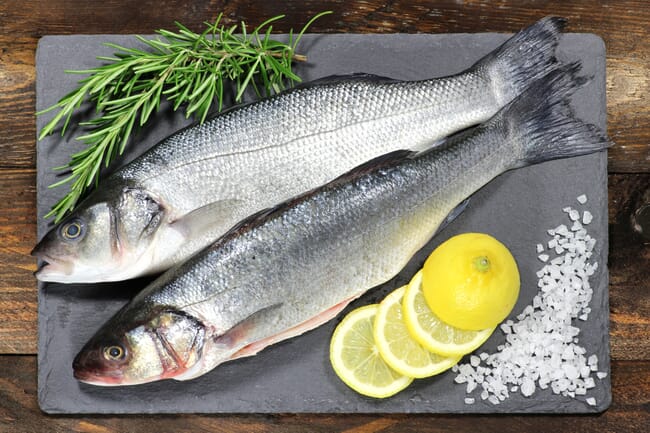So reveals the first-ever comprehensive assessment of this niche, but growing, output in the EU by European Market Observatory for Fisheries and Aquaculture (EUMOFA) . It shows that, in 2015 only 4 percent of the EU’s aquaculture production was certified as being organic. This equated to approximately 50,000 tonnes, with Ireland accounting for 44% of the EU total organic production, Italy 17%, the UK 7% and France 6%.
Despite this low total, the report suggests that between 2012 and 2015 organic production increased by 24% for salmon, doubled for rainbow trout, and tripled for seabass/seabream. Positive developments were also observed for mussels and oysters.
Positive outlook for salmon, trout and mussels
- Organic salmon provides good sales price premiums, which on average cover the extra costs generated by organic farming, in a context of increasing international demand.
- Organic trout farming leads to significant price premiums and extra margins, compared to conventional aquaculture; demand is strong, in particular from the smoking industry.
- Organic mussel farming, which developed more recently, is benefitting from a strong demand and can provide 20% price premiums.

Carp and seabass/bream struggle
- Organic carp, however, cannot cover its extra costs with equivalent sales price premiums and would suffer heavy losses without EFF subsidies.
- And organic farming of seabass and seabream may allow producers to reach price premiums, but these are lower than the additional costs occurred, in a context of limited market expansion.
Challenges
The part played by the downstream margins (processing, trade and retail) is much bigger in the organic supply chain than in the conventional one. Smaller volumes (which means extra costs per unit), lower turnover rates (which mean higher losses and higher risks) explain this situation.
One of the major economic issues for the development of organic fish farming is the low scale of production and economies of scale are the most obvious way to reduce costs, not only at production level but also at logistics and distribution level. However, economies of scale are often hard to achieve because of the difficulty of access to new farming sites and the limited expansion capacities of the market for some species. The extension of the range of species organically farmed is technically possible but has to face the lack of knowledge and timidity of the market.
Certification is a development driver and strongly established organic labels are likely to speed up the development of the market. But sustainable is a big competitor to organic. Large-scale retailers sometimes adopt a fish purchasing policy more sustainable-driven than organic-oriented and consumers are sceptical and confused in front of a variety of ecolabels and organic logos.
Volume summary
According to the report, which gathered its information by combining literature review and interviews, the main species produced under organic standards in 2015 were:
- Mussels: almost 20,000 tonnes, 4% of EU’s mussel total, were produced – mainly in Ireland, Italy and Denmark.
- Atlantic salmon: more than 16,000 tonnes, equating to 9% of total EU salmon production, were produced – mainly in Ireland and the UK.
- Carp: about 6,000 tonnes, around 8% of EU’s carp total, were produced – mainly in Hungary, Romania and Lithuania.
- Trout: almost 6,000 tonnes, 3% of EU’s trout total, were produced – largely in France and Denmark.
- Seabass and Seabream: about 3,400 tonnes, 2% of the EU’s total production, were produced – mainly in Italy, France and Greece.


